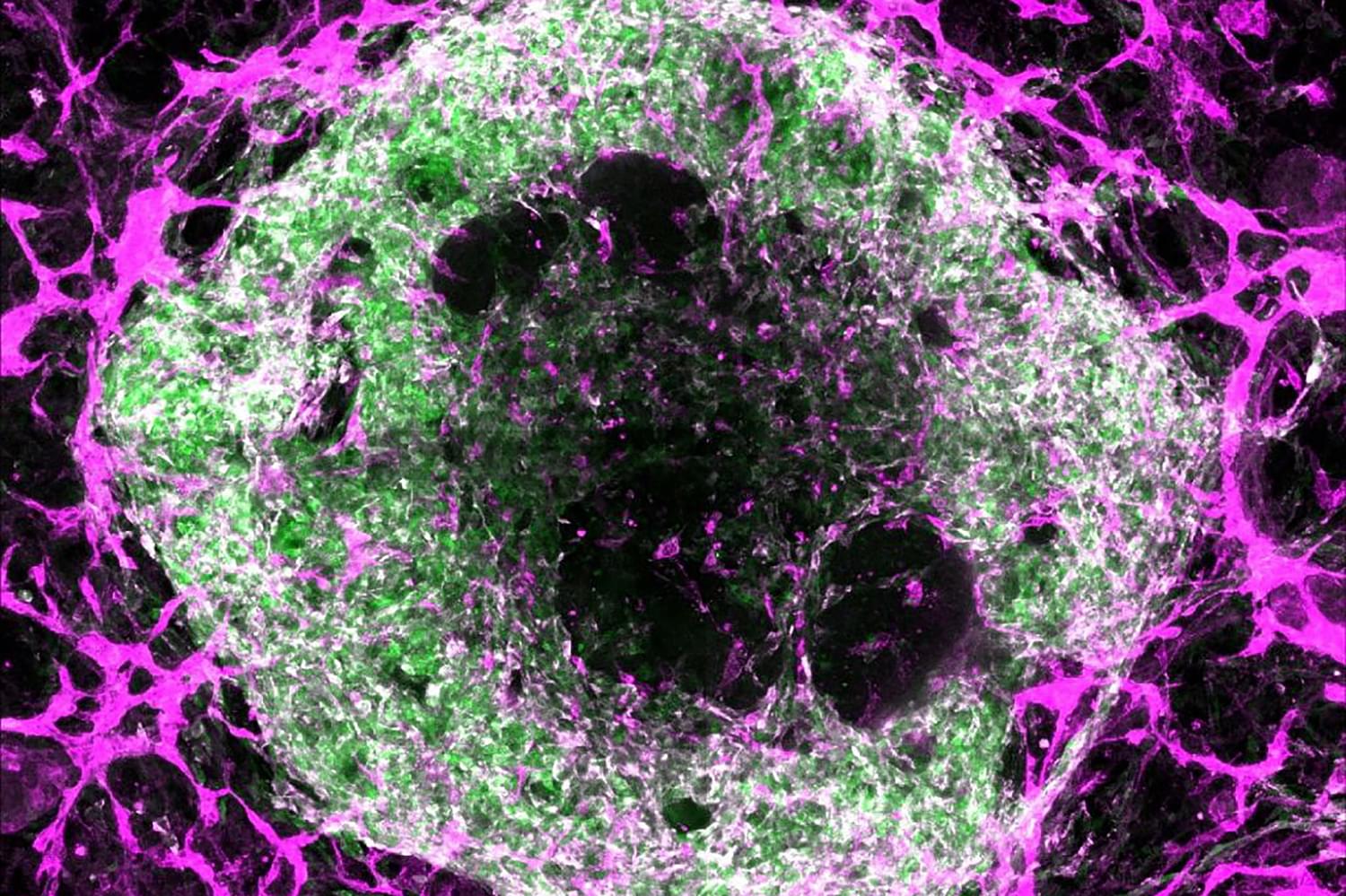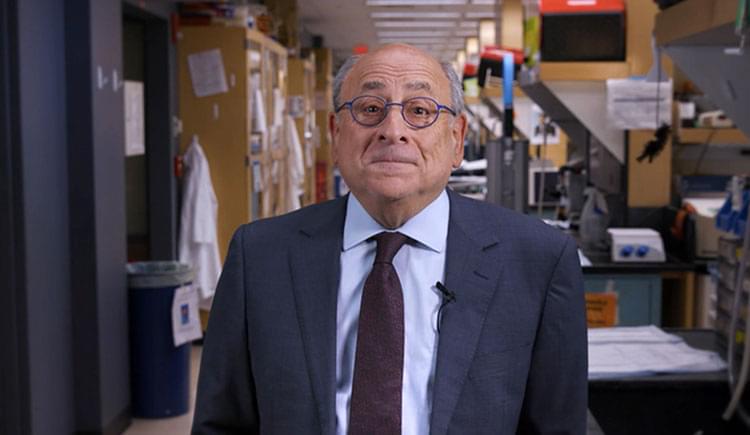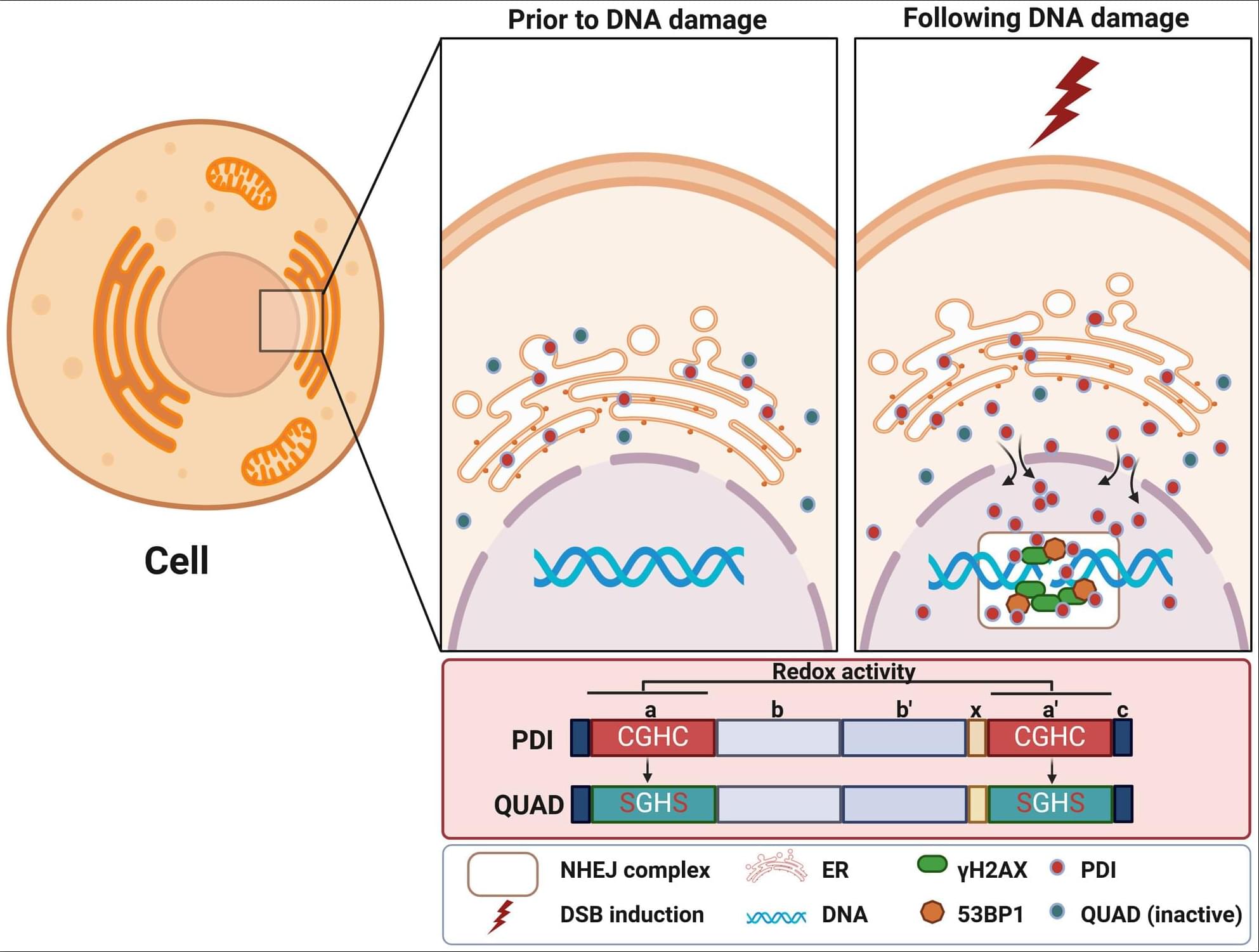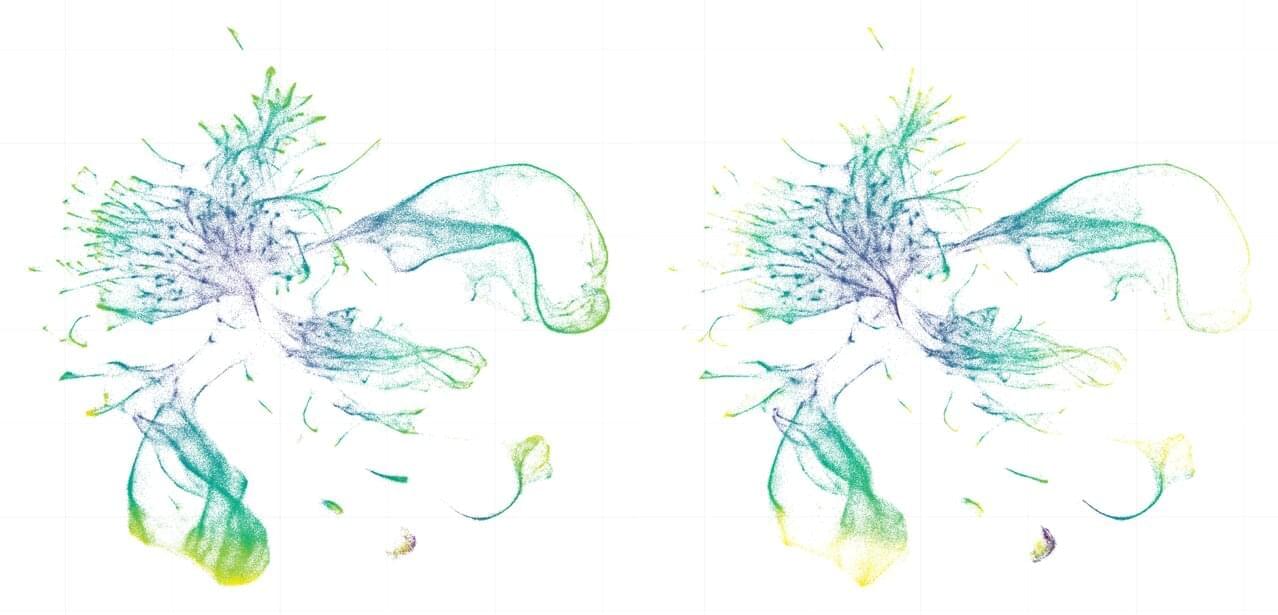Stanford researchers have created the first lab-grown heart and liver organoids with their own blood vessels, paving the way for new regenerative therapies.




When Vijay Sankaran was an MD-PhD student at Harvard Medical School in the mid-2000s, one of his first clinical encounters was with a 24-year-old patient whose sickle cell disease left them with almost weekly pain episodes.
“The encounter made me wonder, couldn’t we do more for these patients?” said Sankaran, who is now the HMS Jan Ellen Paradise, MD Professor of Pediatrics at Boston Children’s Hospital.
In 2008, Orkin, Sankaran, and colleagues achieved their vision by identifying a new therapeutic target for sickle cell disease.
In December 2023, through the development efforts of CRISPR Therapeutics and Vertex Pharmaceuticals, their decades-long endeavor reached fruition in the form of a new treatment, CASGEVY, approved by the U.S. Food and Drug Administration.
The decision has ushered in a new era for sickle cell disease treatment — and marked the world’s first approval of a medicine based on CRISPR/Cas9 gene-editing technology.
How a genetic insight paired with gene editing technology led to a life-changing new therapy.

The goal is to understand and control the formation of alumina-supported iron nanoparticles using a high-tech microscope and machine learning.

Researchers, in a recent Physical Review Letters paper, introduce a new mechanism that may finally allow ultralight dark photons to be considered serious candidates for dark matter, with promising implications for detection efforts.
Around 85% of all matter is believed to be dark matter, yet this elusive substance continues to puzzle scientists because it cannot be observed directly.
One of the candidates for dark matter particles is dark photons. These hypothetical particles are similar to regular photons but have mass and interact only weakly with normal matter.

Scientists have developed an exact approach to a key quantum error correction problem once believed to be unsolvable, and have shown that what appeared to be hardware-related errors may in fact be due to suboptimal decoding.
The new algorithm, called PLANAR, achieved a 25% reduction in logical error rates when applied to Google Quantum AI’s experimental data. This discovery revealed that a quarter of what the tech giant attributed to an “error floor” was actually caused by their decoding method, rather than genuine hardware limitations.
Quantum computers are extraordinarily sensitive to errors, making quantum error correction essential for practical applications.

An international team of astronomers reports the detection of a peculiar merger of two similar ring galaxies that morphologically resemble an owl’s face. The discovery of this galaxy merger, dubbed the “Cosmic Owl,” is presented in a research paper published June 11 on the arXiv preprint server.
Galaxy mergers play a crucial role in the evolution of galaxies. These events redistribute the gas around galaxies, impact the stellar kinematics, transform galaxy morphology, and eventually lead to effective stellar mass assembly.
Some galaxy mergers lead to the formation of collisional ring galaxies (CRGs), which are relatively rare as only a few hundred of them have been detected in the local universe. Rings in such galaxies are created when one galaxy passes directly through the disk of another in a nearly head-on collision, causing gas and stars to be shocked outward into a circular or near-circular pattern.

Recent advances in the field of robotics have enabled the automation of various real-world tasks, ranging from the manufacturing or packaging of goods in many industry settings to the precise execution of minimally invasive surgical procedures. Robots could also be helpful for inspecting infrastructure and environments that are hazardous or difficult for humans to access, such as tunnels, dams, pipelines, railways and power plants.
Despite their promise for the safe assessment of real-world environments, currently, most inspections are still carried out by human agents. In recent years, some computer scientists have been trying to develop computational models that can effectively plan the trajectories that robots should follow when inspecting specific environments and ensure that they execute actions that will allow them to complete desired missions.
Researchers at Purdue University and LightSpeed Studios recently introduced a new training-free computational technique for generating inspection plans based on written descriptions, which could guide the movements of robots as they inspect specific environments. Their proposed approach, outlined in a paper published on the arXiv preprint server, specifically relies on vision-language models (VLMs), which can process both images and written texts.

Two species of worms have retained remarkably similar patterns in the way they switch their genes on and off despite having split from a common ancestor 20 million years ago, a new study finds.
The findings appear in the journal Science.
“It was just remarkable, with this evolutionary distance, that we should see such coherence in gene expression patterns,” said Dr. Robert Waterston, professor of genome sciences at the University of Washington School of Medicine in Seattle and a co-senior author of the paper. “I was surprised how well everything lined up.”